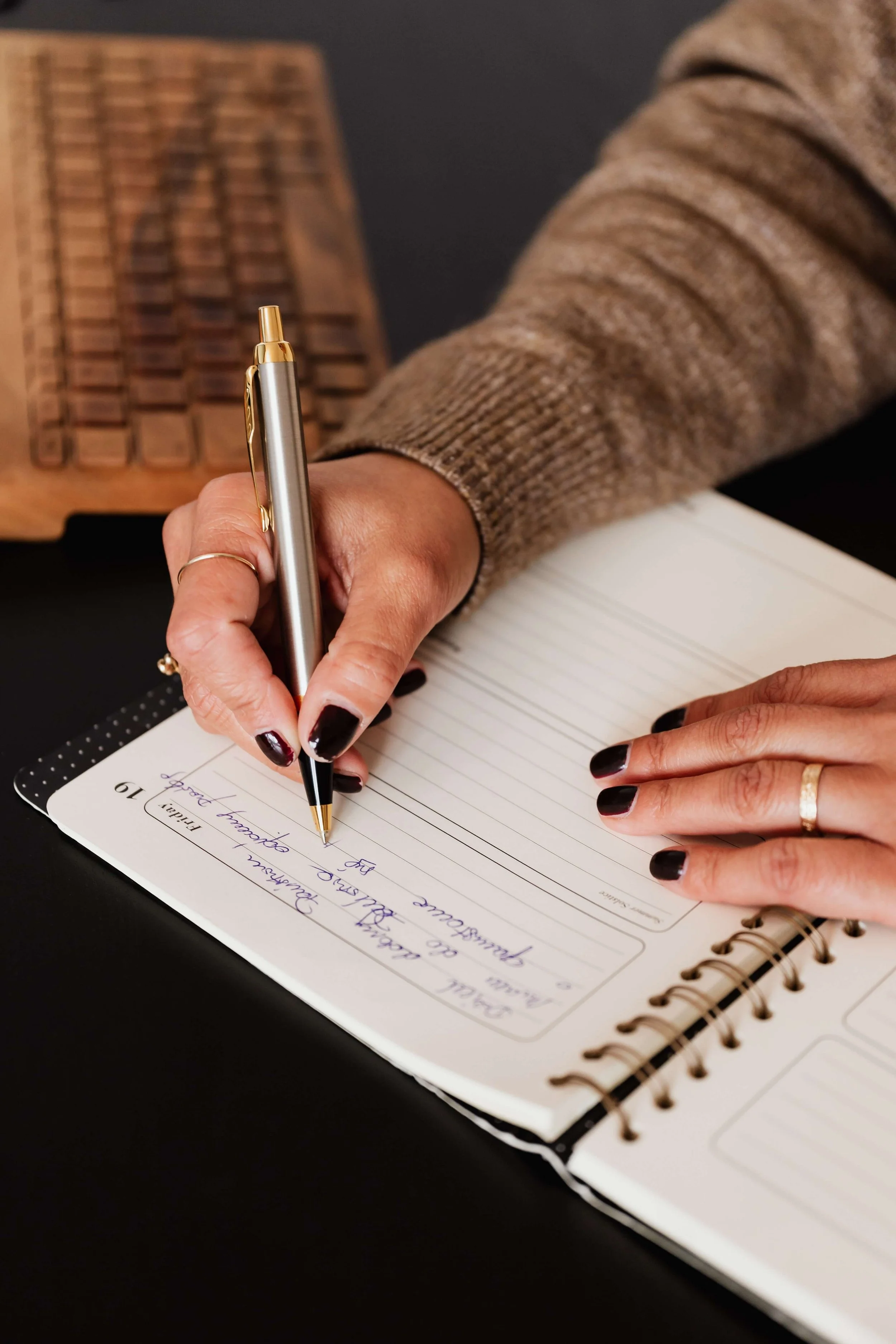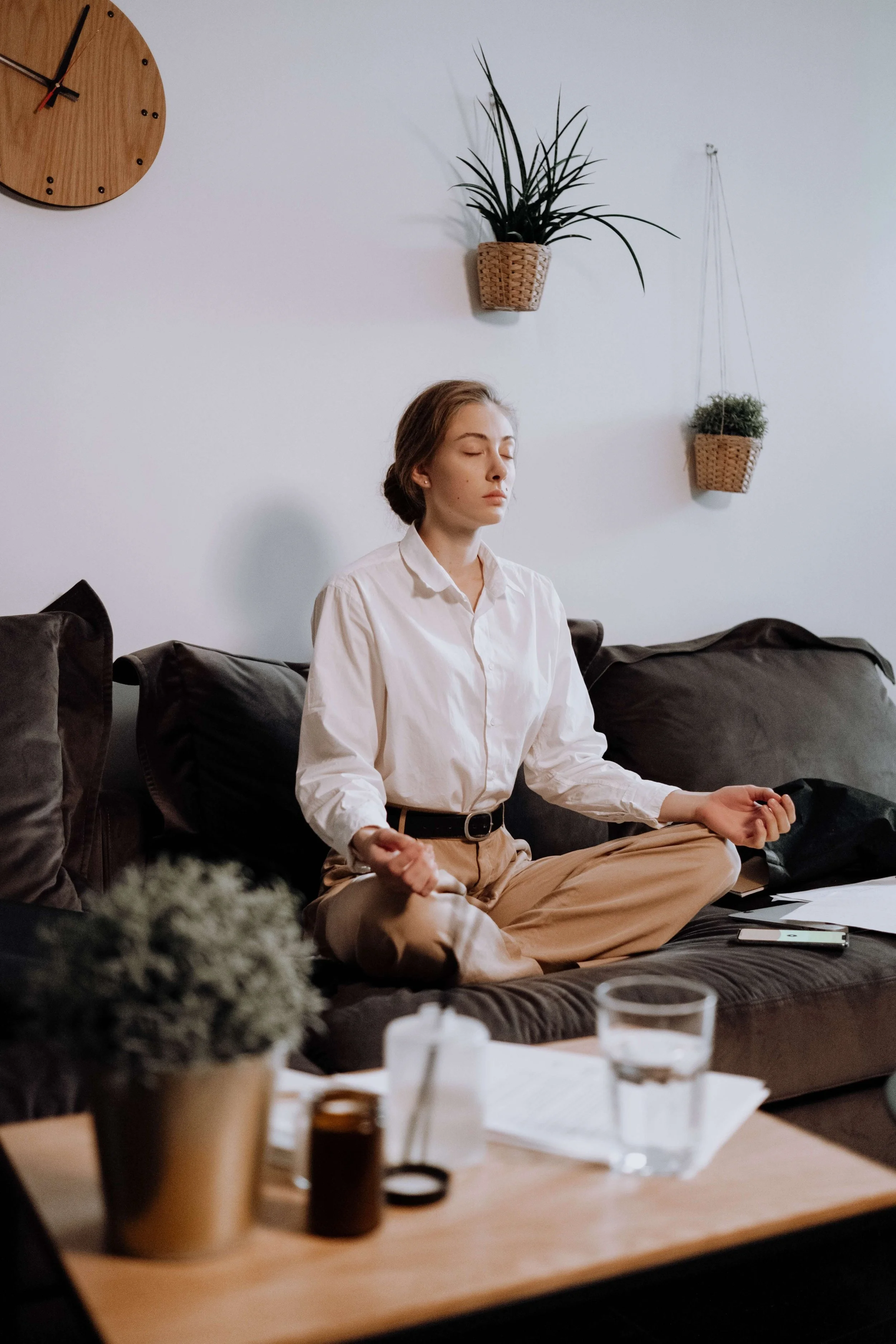Gratitude - What Is It? And 6 Ways to Help you Get Started
Can you remember the last time you felt grateful for something? In your mind, explain to yourself what happened, why you were grateful, and what you did to express your gratitude.
Not so easy, is it?
You might find this exercise challenging but read on to find out why that is so.
What is gratitude?
Although most people intuitively understand the meaning of gratitude, it can be difficult to define.
Is it a feeling? A quality? A pattern of conduct? Gratitude means different things to different people in different contexts.
So, what exactly is gratitude?
“We learned this about gratitude and humility—that so many people had a hand in our success, from the teachers who inspired us to the janitors who kept our school clean… and we were taught to value everyone’s contribution and treat everyone with respect.”
– Michelle Obama
Generally, the concept of gratitude refers to being thankful for what one has received, regardless of whether it was something tangible or intangible. It is often our gratitude for other people and our behaviour in relation to others that shapes our worldview.
Why is gratitude important?
As humans, we tend to be too harsh on ourselves. People believe that it will motivate them to do and be better.
We think that if we analyse the negative, it allows us to deconstruct the problem, solve it, and ultimately improve the desired outcome.
But, can we improve our mood or performance by merely acknowledging the negative?
After all, negative thinking begets negative actions.
How about giving thanks to what we already have, what we have experienced, or what lies ahead?
People who are passionate about self-development or even prominent influencers and personalities often promote the benefits of gratitude.
Many people from all walks of life, including Oprah, actor Matthew McConaughey, and even investment Tycoon Warren Buffett, advocate that you must practice gratitude regularly and attribute much of their success to this trait of character.
Some people even go as far as reporting that it has completely transformed their lives for the better.
Are the benefits of gratitude worth their weight in gold?
Gratitude is what motivates us to recognize and appreciate what is good in our lives, and it inspires us to do the same for others.
The real question is why gratitude transforms people's lives—and how does gratitude have such an impact?
There are several important reasons for this, but here are 4 particularly noteworthy reasons.
1. Gratitude allows us to appreciate the present moment.
It's natural for the human emotional system to get a thrill out of new experiences, but the excitement of novelty can wear off quickly. Eventually, that new car, that new spouse, that new house doesn’t seem so exciting or new anymore.
The feeling of gratitude makes us appreciate the value of something, making us use it more efficiently and less likely to waste it.
Gratitude increases our appreciation of life's pleasures and makes us experience them more fully. Instead of adapting to the good, we celebrate it.
2. Gratitude is good for your heart and protects you from negative emotions.
People who feel grateful exhibit a reduction in the stress hormone cortisol. Their cardiac function was stronger, and they were more resilient to negative life experiences and emotional setbacks. Stress is reduced by gratitude, which in turn could help reduce depression and anxiety. A gratitude journal or continuous expressions of gratitude can help you deal with negative emotions such as guilt and shame, which can exacerbate depression.
3. People who are grateful are more resilient to stress and trauma.
The benefits of gratitude include not only reducing stress, but also helping to overcome trauma.
In 2006, Vietnam War Veterans with higher levels of gratitude were found less likely to suffer from PTSD. This study found that daily gratitude was uniquely associated with each dimension of daily well-being.
"Daily" is the key word here. Gratitude must be practiced daily and regularly so that these incredible results can be seen in trauma patients.
4. A grateful person is more confident in their self-esteem.
A study found that gratitude increases athletes' sense of self-worth. The importance of confidence in performance cannot be overstated. Any activity, including athletics, can be adversely affected by negative self-talk.
A shift in self-talk to include gratitude seems to allow people to see themselves and others in a more positive light. Having more patience and understanding toward your shortcomings and areas for improvement will allow you to address them more effectively.
5 effective tools for practicing gratitude on a regular basis.
Like any sport, gratitude is a skill. It has to be learned, trained and strengthened. The following tips can help you practice gratitude.
1. Use visuals
Make it a habit to visualize three things you are thankful for each day. This can directly impact your mood and sleep quality throughout the day. When initiating a treatment against depression, therapists often recommend this exercise as one of the first steps. Rather than hurrying through this practice, it is best to spend at least ten minutes on it if you want to maximize its effectiveness.
2. Start a gratitude journal
As a self-therapy technique, journaling can be highly effective. This is a fantastic way to get into the habit of giving thanks daily. You only have to take 3 minutes every day to reflect on what you're thankful for. The act of writing activates different parts of the brain and allows you to access memories and emotions from a new perspective.
For some people, writing in a journal may seem daunting. However, you don't need to keep a diary to begin a gratitude journaling practice. You can use anything you like, such as a notebook, daily planner, notes app on your phone, or even sticky notes, to write a few things you are grateful for every day. The important thing is to get started and get that habit rolling. Be as easy on yourself as possible!
If you’d like a more structured and guided approach to gratitude journaling, many authors have devised wonderful little booklets that you can fill out easily and it asks you all the right questions, so you don’t have to. It helps you start or end your day on a positive note.
3. Get a gratitude inspirational card deck.
An appreciation or gratitude card deck gives you the guidance and space to identify and highlight positive aspects in your life. They’re a great way to get started on your journey of acquiring and developing a grateful attitude and practice.
A deck of inspirational cards can also be a great complement to your other spiritual practices. Start your meditation practice or end your yoga practice by reading a gratitude inspiration card.
Many gratitude card decks can be found on Amazon:
4. Meditate.
The benefits of meditation for gratitude are numerous. Meditation promotes acceptance, detachment, forgiveness, and thus, gratitude. In this moment, we can also reflect on a specific situation we are grateful for, and we can let that feeling grow and intensify.
At the Modern School of Mindfulness, we have a variety of courses to help you get started.
5. Get lost in a book or two.
Words of Gratitude by Robert Emmons
A leading expert in the fields of psychology, Robert Emmons has published a number of books and articles on the topic of gratitude. If you are looking for a book that combines current scientific findings with straightforward explanations, this is it.
The Gratitude Diaries by Janice Kaplan
Like the Robert Emmons book, this New York Times bestselling book uses research-based findings while making the topic accessible and informal. Throughout the book, we follow the experiences of one woman's attempt to stick to her New Year's resolution to be grateful and optimistic.
Living Life as a Thank You by Nina Lesowitz and Mary Beth Sammons
The aim of this book is to help readers understand how gratitude can help them improve their daily feelings of compassion, hope, and love by providing a concrete plan for implementing gratitude in their daily lives as soon as possible.
6. Watch an inspiring Ted Talk.
Would you like to practice gratitude on a daily basis but are unsure of how to get started? Maybe you're still not convinced or you're looking for some inspiration. It might be easier for your brain to absorb information when you listen to live talks or attend conferences, and maybe you need to hear some personal success stories. We get it! To help jumpstart the habit of gratitude, we recommend listening to these two amazing TED talks on the subject of gratitude. Have a listen!
Talk by David Steindl-Rast
The one thing that unites all humans is a desire for happiness, according to monk and interfaith scholar Brother David Steindl-Rast. Happiness, he argues, is a by product of gratitude. Here's a lesson in slowing down, looking where you're going, and being grateful above all.
Talk by Christina Costa
This video is the incredible story of a psychologist who while studying well-being ended up with a brain tumour. See what happens when her research is put to use. Gratitude has been found to foster resilience in the face of unexpected challenges, and Christina Costa shows the brain benefits of gratitude as a powerful alternative to combating cancer.
Takeaway
Gratitude is what motivates us to recognize and appreciate what is good in our lives, and it inspires us to do the same for others. Compassion and gratitude are always essential—these intentional behaviours create a positive ripple effect in the world. As you begin to be kind to yourself and grateful toward others, you will notice that people start following your example, and before you know it, you are living in a world that is becoming more thoughtful and compassionate.
Gratitude not only improves your health but also protects you from negative emotions. By practicing it regularly, we become more resilient, able to manage stress better, and able to live more in the present. By practicing daily habits like journaling and meditation, we can cultivate gratitude without question. Starting is the most important thing, so if you have trouble doing so, we recommend starting small, and gradually building up your habit. Every step counts! The key to achieving our life goals and intentions is practice and patience, so be kind to yourself.
Wishing you all the best in cultivating the habit of gratitude.








